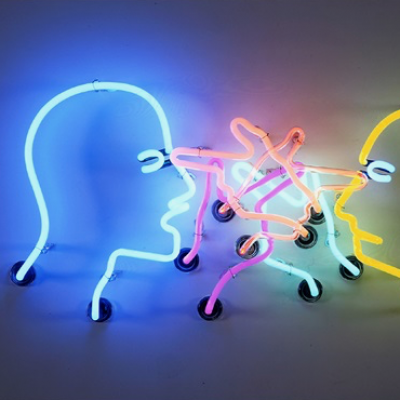Sophie Calle
Sophie Calle (France, 1953) is a conceptual artist and writer known for blending personal narrative with investigative art. Her work often explores themes of intimacy, identity, and voyeurism, using photography, text, and performance. Notable projects include The Hotel and Take Care of Yourself, which merge art and autobiography with striking emotional depth.

What is Process Art?
Process Art is an artistic movement and creative approach where the focus is on the act of creation rather than the final product. The term process in this context refers to the various stages of art-making, including gathering, sorting, associating, and organizing materials and actions. This movement emphasizes the artistic journey and the human expression involved in creating art, rather than the finished piece itself. Process Art is driven by inherent motivation, intentionality, and the rationale behind the actions, viewing the creative process as the true artwork.










